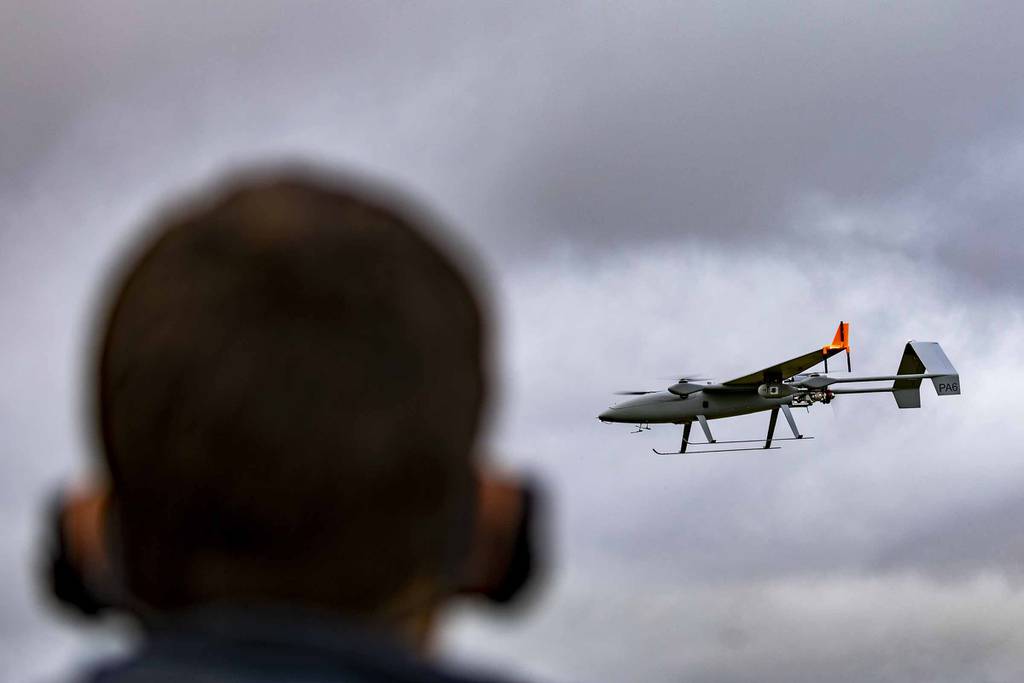Introduction
Royal Air Force successfully completed a drone flight using only synthetic kerosene, an environmentally friendly alternative to fossil fuels, the Ministry of Defence of the U.K. tweeted recently.
As the world moves to greener options, militaries must also chip in to reduce their carbon footprints. Last month, in its first-ever climate strategy report, the U.S. Army revealed its plans to become carbon neutral by 2050. Last year, Defense News had reported that the Ministry of Defence in the U.K. is responsible for half of the government’s carbon emissions and the Royal Air Force’s recent achievement of trialing a drone with synthetic fuel is a positive step in the direction towards reducing these emissions.
What is Synthetic fuel?
Synthetic fuels give great confidence to the aviation industry, which requires dense energy sources for long-haul flights. Synthetic fuels can be dropped without any change in the flying system and are currently limited to 50 percent use with fossil fuels for commercial aircraft.
As the government of the U.K. notes on its website, the drone flight is part of Project Vermeer, a collaborative effort between the Royal Air Force (RAF) and the U.S. Naval Research Department that began in the summer of 2021. The fuel was developed by C3 Biotechnologies, a Britain-based company, using a small-scale setup.
What is the production of fuel?
Manufacturing of the fuel involves treating raw materials with high levels of sugar that can be obtained even from food waste. The resultant oil that is formed is heated and chemically treated to make fossil-free synthetic kerosene that can be used for flights.
The drone’s flight trial
During the trial, the collaboration made about four gallons (15 liters) of the synthetic fuel. It was used to power a 20-minute flight in Wiltshire in South West England and confirmed the fuel performs at par with fossil fuel.
Following the successful trial, Air Vice Marshal Lincoln Taylor said, “Fuel scarcity and cost will only ever increase in its impact on RAFs operations and synthetic fuels for our aircraft are one potential solution to this situation as we look to secure the objectives of the next generation RAF of tomorrow.”
Last year, the RAF had broken a world record by completing the first flight of an aircraft using only synthetic fuel, manufactured by another company, using a different method.

